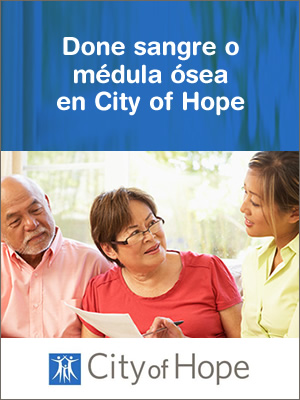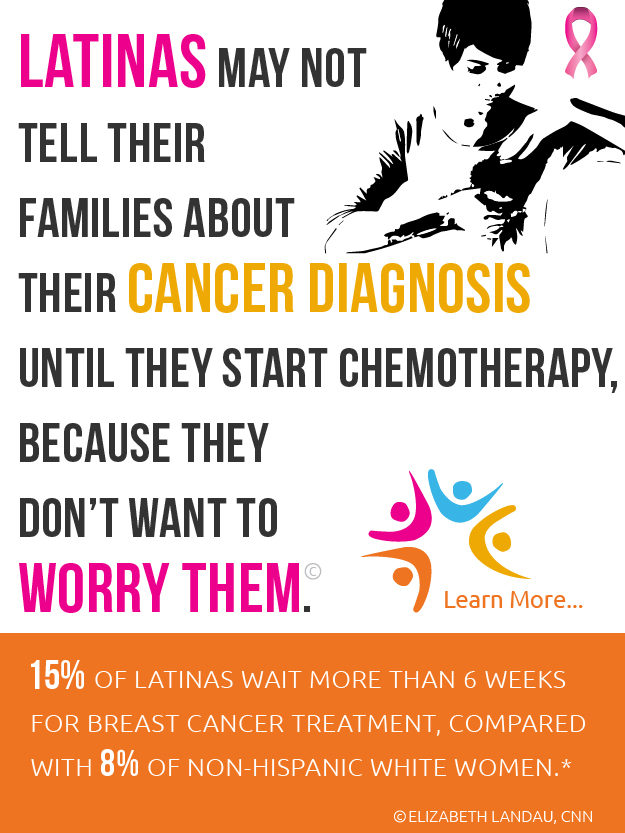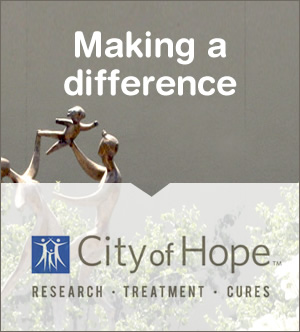
Beware dishonest health labeling claims: Guest commentary
10/18/2015 12:00PM | 6945 viewsBy Elena Rios for the Los Angeles Daily News
Research shows that people with poor health literacy are more likely to take medical and herbal supplements incorrectly, suffer from preventable sickness, and are overall less healthy. Minority communities and Spanish-dominant Latinos, in particular, suffer disproportionately from these health care disparities. National Consumer Protection Week serves as an important reminder that unregulated supplement companies often take advantage of uneducated consumers by luring them with false medical claims. On the heels of this significant occasion, we are reminded that it is equally important for patients to be smart and savvy consumers – and not fall prey to such deceptive marketing practices.
The use of herbal and supplemental remedies by Latinos goes back centuries, and of course, now these products are ubiquitous — available everywhere from your local store to the Internet. Yet while manufacturers of “natural” products and herbal supplements are supposed to follow manufacturing procedures to ensure supplements meet quality guidelines,they are not required to obtain approval from the Food and Drug Administration (FDA) before selling these products on shelves.
In fact, while manufacturers are responsible for making certain their claims are backed by factual evidence, the FDA does not require that companies provide direct proof of this. It’s no surprise, therefore, that people trying to push these products routinely make false claims that their products cure cancer and multiple sclerosis, prevent diabetes, and even ward off asthma — among many other misguided assertions. There are also those who sell skin products that claim to cure baldness and even facilitate weight loss, and others who claim their products have the same benefits as fruits and vegetable.
Consumers should be wary of exaggerated “quick cure” claims or deceptive marketing by any health product or supplement companies that suggest they can treat or prevent illness or disease. If it sounds too good to be true, take a closer look — because chances are it probably is. These deceptive practices are a key concern for many Latino health professionals, especially since a 2010 study by AARP found that two-thirds of Hispanics ages 45 and older believe that herbal remedies and supplements are very or somewhat effective, with 65 percent reporting having used herbal supplements at least occasionally.
Misleading marketing practices for health supplements not only drag out the diagnosis process, delay proper treatment time and cost patients money, they can also pose a real health danger to unknowing consumers who fall prey to them. For example, if a consumer unintentionally combines herbal supplements with previously prescribed medicines, the combination of the two could potentially result in a negative or even fatal medical interaction. It’s imperative to consult a licensed doctor or pharmacist beforehand and obtain reputable information about a product before consuming it.
Since elder and Spanish-dominant Latinos are at greater risk for falling victim to these types of frauds, health literacy is always top of mind to me as a physician and president of the National Hispanic Medical Association and National Hispanic Heath Foundation. Having an arsenal of culturally astute doctors who understand Latino patients’ herbal remedy behaviors from a communal awareness lens can help initiate two-way communication about the pros and cons of supplements and better track health outcomes.
Physicians have a responsibility to provide patients with honest and reliable health information, and we should expect companies to do the same. Whether it’s mislabeled ginkgo biloba or St. John’s wort, the validity of a product offering comparable benefit to a day’s worth of fruits and vegetables, or weight loss claims, fraudulent labeling cost lives and consumers need to be aware of these scams.
For more information about National Consumer Protection Week and the importance of stopping companies that are intentionally deceiving consumers with false medical claims — or to file a complaint with the Federal Trade Commission about misleading ads, websites or products, call 1-877-FTC-HELP (1-877-382-4357) or visit www.ftc.gov/complaint.
Elena Rios, M.D., MSPH, is president and CEO of the National Hispanic Medical Association (NHMA), and president of the National Hispanic Health Foundation (NHHF) representing Hispanic physicians in the United States.











Post your Comment
Please login or sign up to comment
Comments